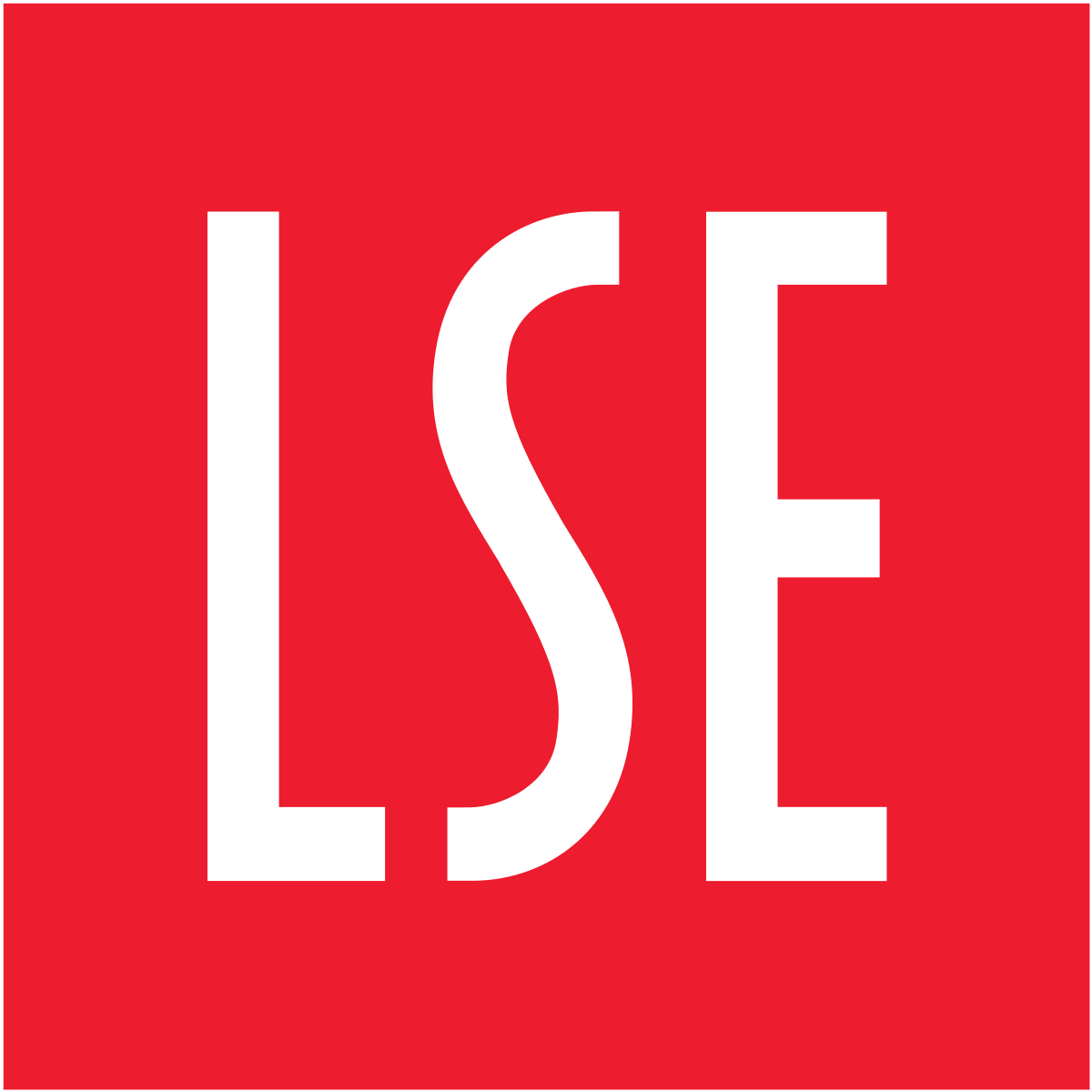- Strategy
How Future Fit Companies Excel
Research from Vodafone and LSE reveals a close correlation between being ‘fit for the future’, commercial performance, and social impact
With the Covid pandemic adding a whole extra layer of complex problems, it is apposite to ask whether those companies, with an entrepreneurial orientation, that adapted to the new challenges—to the future—have fared any better than those that stuck with the status quo?
A new report from the LSE, analyzing data collected by Vodafone, since 2019, from over 2,500 businesses worldwide, compares the performance of organizations identified as being ‘fit for the future’ (FFTF), with businesses in general.
The two overriding findings from the study were first that financial performance relative to competitors is greater when firms score higher in terms of their ‘fit for the future’ score. And secondly that being ‘fit for the future’ is associated with higher environmental social governance (ESG) scores.
According to the LSE’s Dr Christine Côté and Professor Saul Estrin “The impacts are large, and the results are robust. The report therefore shows how business mindsets and strategic actions to prepare for the future can pay twin dividends for companies: for their profits and their social impact.”
FFTF companies have been able to overcome challenges intensified during the pandemic—such as meeting customers' digital expectations or navigating the new hybrid world of work—and are better placed than businesses in general to surmount future challenges such as fostering productive relationships between human and machines.
Key findings
Risks and resilience: An overwhelming majority (94%) of FFTF businesses believed they were well-prepared for the risks facing them, compared to only 58% of respondents overall. And 82% of FFTF businesses said their business continuity plan worked well.
Performance: Organizations that scored a 10-point increase in their FFTF score were more likely to outperform their competitors by 36%
Digital transformation: 89% of FFTF businesses have created a clear roadmap, compared to just 60% of businesses in general. 71% have accelerated digitally during the pandemic compared to around half of businesses (55%) in general. Globally, 86% of FFTF organizations say they’re taking action to deal with an automated world, compared to 75% of businesses overall.
Sustainability: 69% of FFTF businesses believe sustainability has become more important to their organizations during the pandemic—with 38% viewing sustainability as “absolutely necessary” compared to 21% for businesses in general—and over half (51%) of FFTF businesses planning to increase their spend on ESG and CSR in the next year.
Employee expectations: Across the board, employees now expect more from their employers, including more flexibility in terms of where they work (50%), greater expectations on working how best suits them (50%) and in terms of the hours they work (49%)—leading to the finding that 73% of businesses believe company culture is becoming more difficult.
What makes a company ‘fit for the future’?
‘Fit for the Future’ businesses were identified by using a regression model to show what behaviours and attitudes were most closely linked with confidence in future financial performance and being well prepared for what the future holds.
Twelve criteria were identified, which make up six characteristics:
- Has a positive attitude to change. They embrace change and are excited by the future.
- Is open to new technology. They acknowledge the power of technology to solve business challenges.
- Takes clear steps towards business transformation. They have a roadmap in place for how technology can transform their business.
- Sets a detailed strategy. They have a wider business strategy for the future that is documented, specific, funded and measured.
- Keeps up to date with emerging trends. They have clearly identified the forces shaping their business and refer to key thought leaders to help.
- Is adaptable. They can react quickly to new trends or challenges and is quicker to market than its competitors.
Vodafone’s FFTF concept of managerial future readiness, though more technologically focused, bears a resemblance to LSE’s established strategy model ‘entrepreneurial orientation’—a strategic framework where company performance is improved by organizational processes, managerial practices, and leadership styles which draw on an entrepreneurial mindset. This and the relationship of the LSE framework to previous academic studies adds weight and credibility to Vodafone Business’ analysis.
Commenting on the study, Vinod Kumar, CEO at Vodafone Business said: “Despite the challenges all businesses have faced over the last 18 months, there’s no doubt that those who are ‘fit for the future’ have adapted faster than the rest. The pandemic has forced many organizations to re-examine business operations, with a greater focus on digital transformation. As expectations from both customers and employees continue to increase, it is these businesses that will be able to seize opportunities and flourish in the post-pandemic world,” adding that, “As LSE has proven, companies further along their digital transformation journey are more successful financially and from an ESG perspective.” ………………………………………………………………………………………………………………………
Read the research report here and learn more about how to become ‘fit for the future’
At LSE Executive Education, we see the world as interconnected.
ARTICLES YOU MIGHT LIKE
BOOK REVIEW
A provocative new book reveals the downside of strategic and organizational change and the benefits of stability
DEVELOPING LEADERS QUARTERLY MAGAZINE AND WEEKLY BRIEFING EMAILS


































